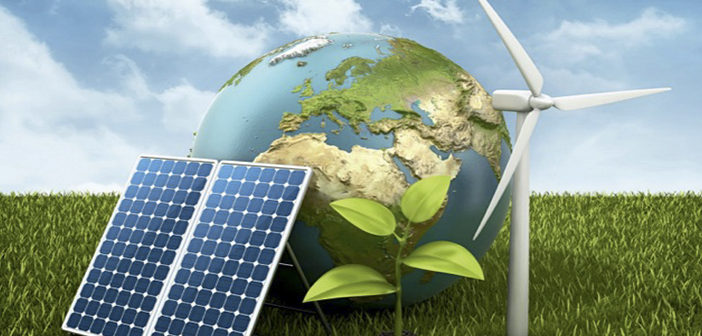The green economy is defined as an economy that aims at reducing enviornemntal risks and ecological scarcities, and that aims for sustainable development without degrading the environment.
To be green, an economy must not only be efficient, but also fair, implying the recognition of global and country level equity dimensions, assuring a just transition to an economy that is low-carbon, resource efficient and socially inclusive .
In Italy 27,2% of companies (372 K) bet on innovation: Unioncamere published a report stating that 1 company out of 4 choose a green economy model.
Italian customers are aware of this and they prefer to spend a little more money (78%) on sustainable products.
This behaviour leads to new employments, at the time writing raising 3 millions new jobs in Italy and new job roles for young people. This said, green economy challenge is not a risk but an opportunity.
Italy ranks the top spot for the solar panels in the electricity production with 8.1% rather than Greece (7.4) and Germany (7.1) covering the needs for 9.1 millions of families.
Therefore, Italy reached the European goal for 2020 with more than 5 years in avance.
Those data confirm the company’s awareness on the welfare of the community as a priority for the future.
Legambiente published a report “Comuni Rinnovabili 2016” here
http://www.comunirinnovabili.it/rapporto-comuni-rinnovabili-2016/
The report highlights that the renewable energies are growing from 15% to 35% in a ten years period with a distribution of 850 K installations in the italian area. Virtouous communities choose to use alternative solutions for the whole production, employing renewable and green practices to produce electricity and heating energy. The result of this good practice is a reduced energy invoice and the will to protect and mantain as long as possible the natural treasures of our Planet.



